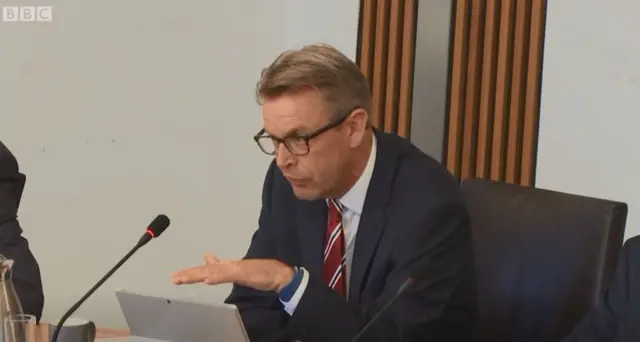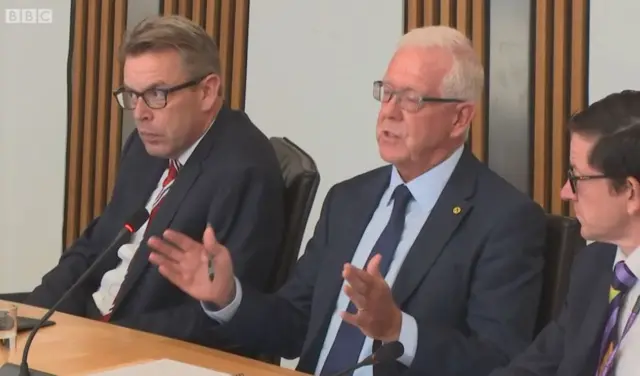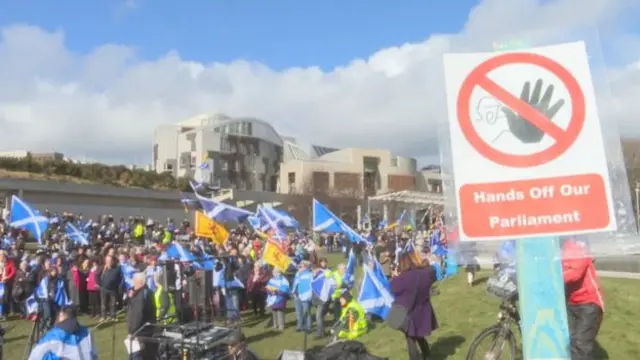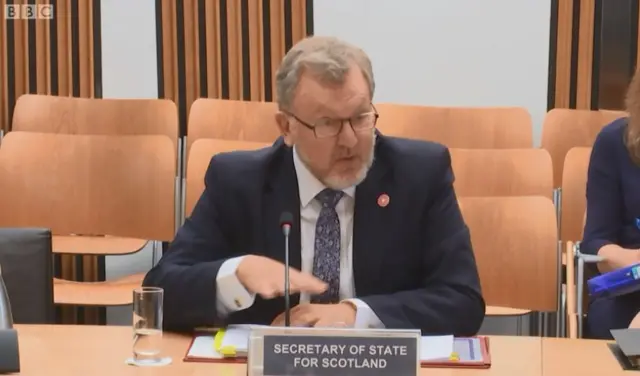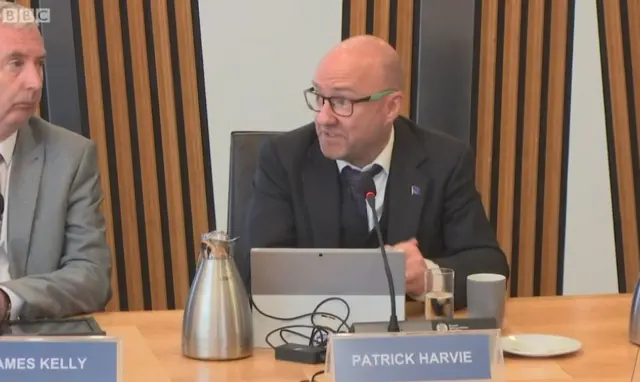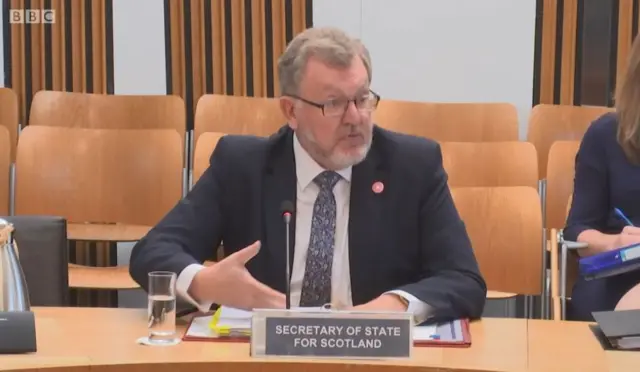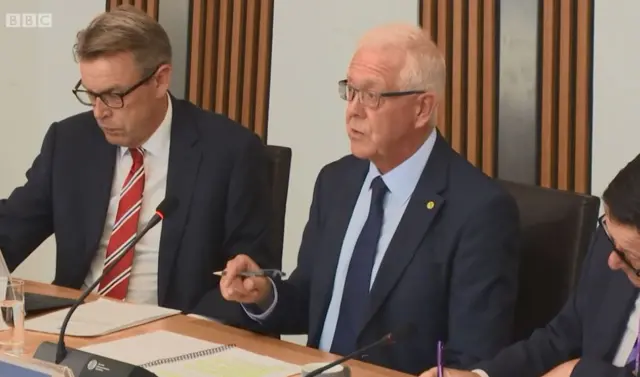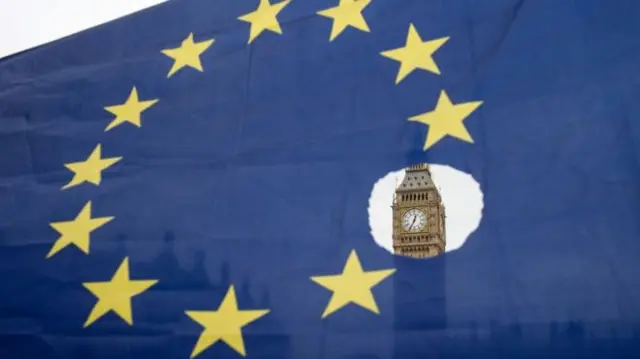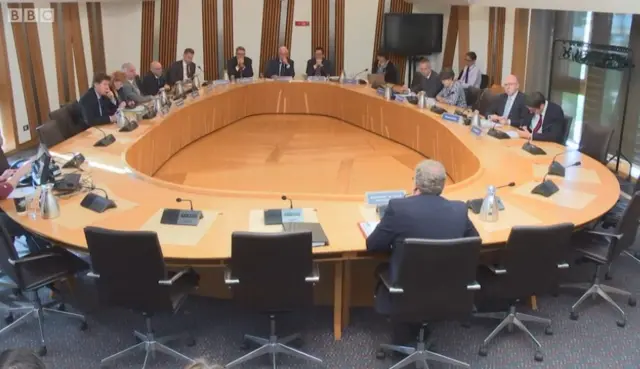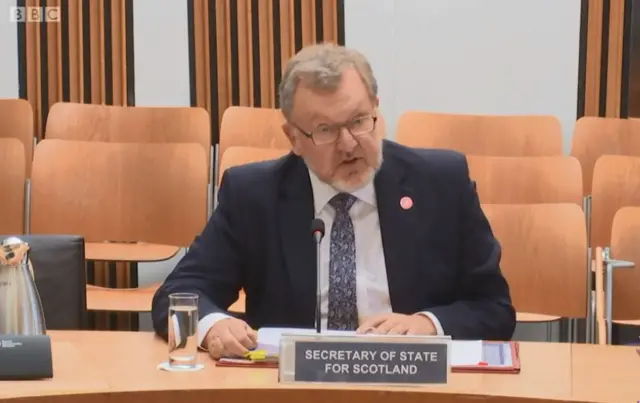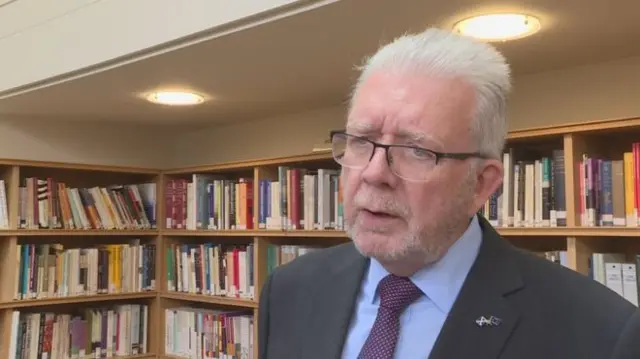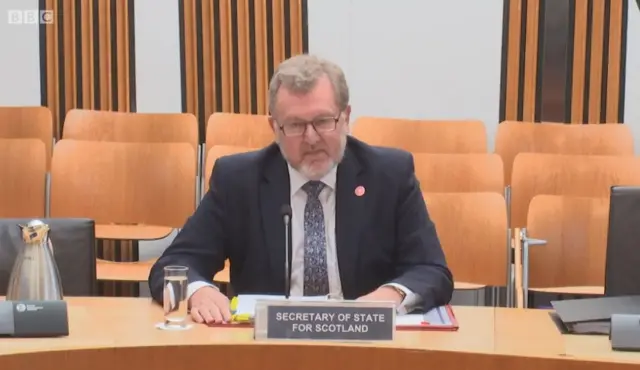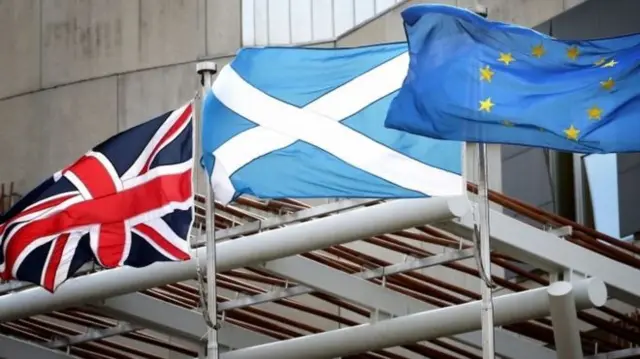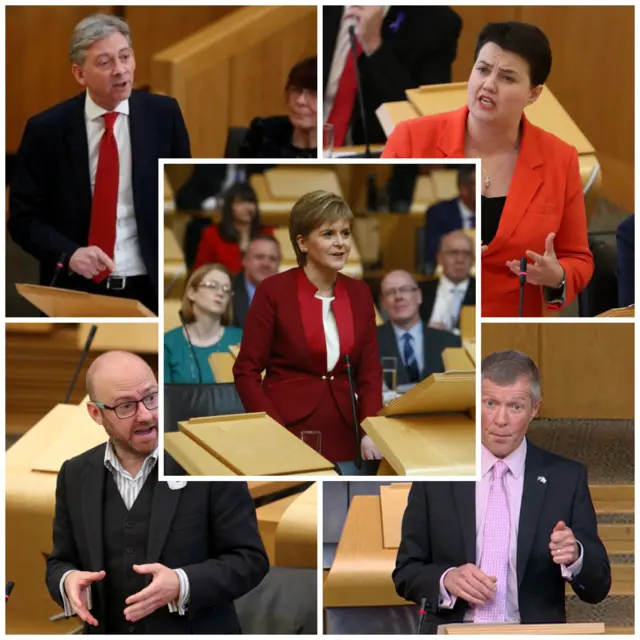Can the Scottish government refuse to lodge legislative consent motions?published at 10:18 BST 6 September 2018
Mr Tomkins suggests that the Scottish government refusing to bring legislative consent motions before the parliament will only lead to the UK government not knowing whether it would consent or not.
David Mundell says this would be a "very disappointing outcome".
Green MSP Patrick Harvie asserts the Scottish government cannot dictate this, it is for the parliamentary bureau to agree what is or is not discussed.
